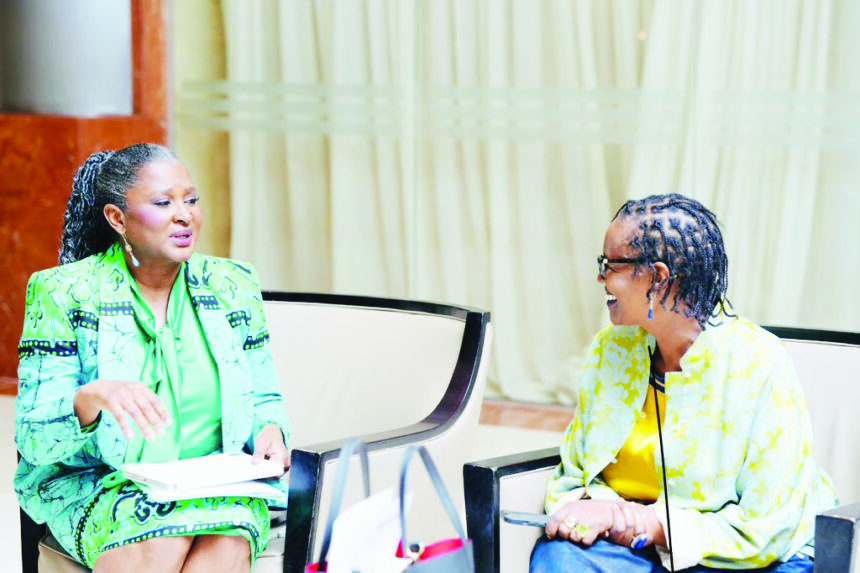The co-chair of the Global Council on Inequality, AIDS and Pandemics, Monica Geingos, said to effectively end the AIDS pandemic and prepare for future health crises, there is a need to confront the complex web of inequalities that exacerbate these challenges.
The Council is composed of global experts from academia, government, civil society, international development and the creative arts, who propose evidence-based solutions for addressing inequalities linked to AIDS and pandemics.
The goal of the council is to create a policy environment where inequalities can be addressed so that the world can end AIDS, and better prepare for and respond to pandemics.
“This includes social, political and health inequities that intersect in significant ways. The geopolitical landscape further complicates these dynamics, as nations characterised by pronounced inequality are disproportionately impacted by the responses to pandemics.
“This systemic inequality is often reinforced by international frameworks that perpetuate and deepen existing disparities, underscoring the urgent need for comprehensive and equitable approaches to health and governance,” said Geingos in Rio de Janeiro, Brazil, yesterday.
Experts have backed the G20 action to tackle pandemics by addressing the inequalities that drive them, and by boosting the production of medicines in every region of the world.
The G20 Joint Finance and Health Ministerial, the Brazilian government and experts from the Global Council on Inequality, AIDS and Pandemics backed calls for efforts to break the “inequality-pandemic cycle” that is fuelling continued disease emergencies.
The United Nations Programme on HIV/AIDS (UNAIDS) executive director and convenor of the Inequality Council, Winnie Byanyima,said “Inequalities need to be addressed urgently, and the production of medicines and vaccines expanded across the world, or the next pandemic will hit us even harder.
“G20 leaders here, in Rio, could transform the way the world responds to outbreaks and pandemics by tackling the inequalities that drive them. We are counting on G20 leaders to seize this moment to save lives and protect the health of everyone,” she remarked.



